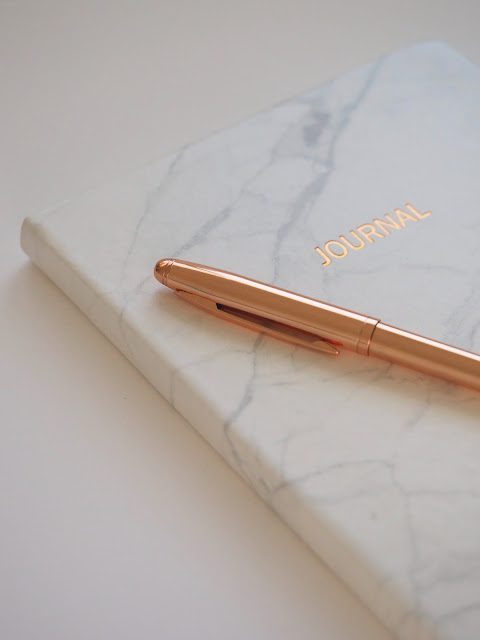Top 10 Journaling Ideas to Enhance Your Creativity and Productivity
Journaling has long been considered a powerful tool for introspection, self-development, and mindfulness. This allows you to explore your thoughts, feelings, and experiences while increasing your creativity and productivity. In this article, we'll show you the best diary ideas that will help you stimulate your mind, increase your productivity, and ultimately live a more fulfilling life.
1. Gratitude Journaling
Gratitude is one of the most successful journaling topics. Every day, write down five things you are grateful for.. This practice will assist you in changing your thinking for the better and training your brain to appreciate the small things in life.
2. Stream of Consciousness Writing
This method of journaling entails writing without filters or judgment. Allow your thoughts to flow freely on paper to capture the essence of your mind without any filters. It relieves emotional strain, boosts confidence, and inspires new ideas.
3. Dream Diary
 |
| Journaling |
Write down the dream you saw. Recording your dreams can help you access your subconscious mind, gain a better understanding of yourself, and serve as a creative source for future ideas.
4. Bullet Journaling
 |
| Journal |
5. Travel Diary
Explore new places and cultures while keeping a travel journal. Write about the sights, sounds, smells, and personal encounters that you notice while engaged in various surroundings. A fantastic approach to keep memories while also gaining new views.
6. Reflective Journaling
Write about the lessons you've learned, the obstacles you've overcome, and the personal progress you've attained. Reflective writing can help you understand your own behavior, motivations, and feelings.
7. Mind Mapping
To visually organize your thoughts and ideas, use journaling to build mind maps. Begin with a central theme or concept and build on related ideas and connections from there. Mind maps can help you enhance your problem-solving, creative thinking, and decision-making abilities.
8. Prompt-Based Journaling
When you're stuck, use prompts to help you write. Many websites and publications provide writing advice to help you improve your originality. Investigate various themes and topics that speak to you, allowing you to delve deeper into your ideas and feelings.
9. Artistic Journaling
Through artistic journaling, you may combine written and visual aspects. Use paint, sketches, collages, and images to decorate your diary entries. This artistic exercise enables self-expression and gives the contemplative process a visual dimension.
10. Future Diary
Imagine yourself in the future and write in your diary as if your hopes and goals have already been realized. This activity pushes you to make goals, clarify your vision, and take action toward your ideal future. Creating a detailed vision of your success may give inspiration and a clear route for converting dreams into reality.
Journaling is a diverse and powerful technique for self-discovery, personal growth, and creative expression. You can find the way that works best for you by experimenting with different journaling ideas. Remember that the key to successful journaling is consistency and truthfulness. Spend some time reflecting, expressing, and connecting with yourself.
FAQ
1. How often should I journal?
Journal as often as you feel comfortable. It can be done
every day, every week, or anytime you like.
2. Can journaling help reduce stress and anxiety?
Yes, journaling has been shown to help reduce stress and
anxiety by allowing people to process their feelings and obtain clarity.
3. Is it necessary to write in a physical journal, or can I use digital platforms?
It's entirely up to you. Physical journals and internet
platforms both operate; choose the one that best matches your needs.
4. What if I struggle with finding writing inspiration?
Use prompts or concentrate on your emotions, experiences,
or aspirations. Experiment with numerous approaches to find the one that
works best for you.
5. Are there any other benefits of journaling besides personal growth and creativity?
Yes, there are other benefits such as emotional management, problem-solving, memory development, and goal monitoring.












